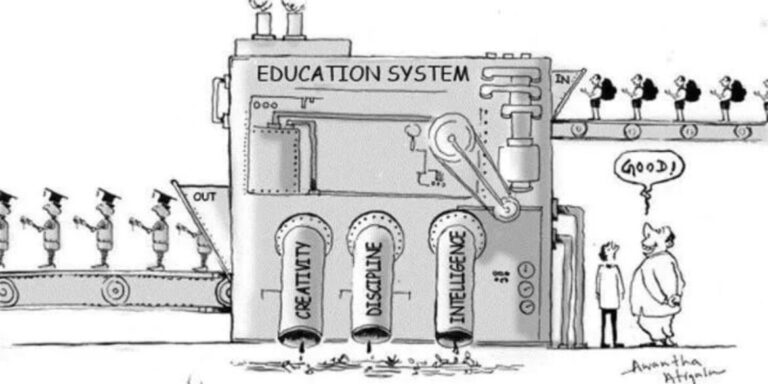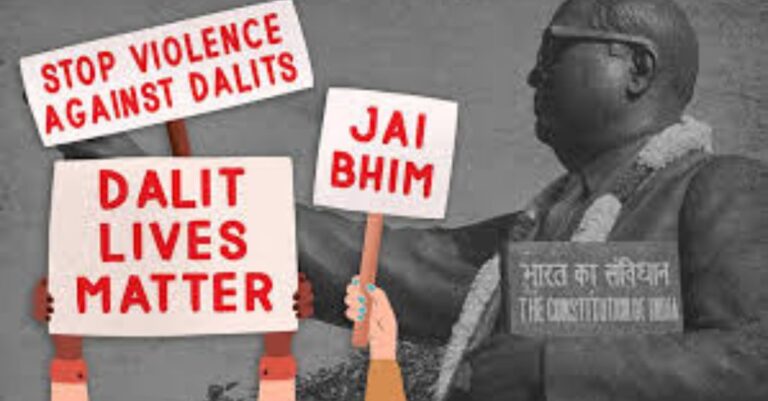By Rubaiyat Kabir
It has been close to six years since the movement led by students demanding safer roads in Bangladesh, a moment in our history that will forever be marred by heavy-handed state response and broken promises.
The more things change, the more they stay the same.
Dozens were killed in protests against Bangladesh’s quota system, which favours the children of fighters in the 1971 war of independence from Pakistan. Students are also demanding justice for those who have been killed during three weeks of protests. pic.twitter.com/duRrfUn0JU
— Al Jazeera English (@AJEnglish) July 19, 2024
Bangladesh isn’t a young nation, not anymore — 50-something years since liberation, it makes little sense for us to keep pretending like we are still locked in some kind of battle over the soul of the country. After a certain point, hearing how unnamed forces are set out to undermine our democracy gets old and starts to sound more like denial.
Our liberation forces won, the freedom fighters deserve some much needed rest. But does that mean their grandchildren deserve some kind of advantage that they never really earned?
Maybe, maybe not. Where a clear line gets drawn is when an overwhelming amount of people, young people, get robbed of their chances.
The ongoing student protests are said to be pressing for reform in the quota system, not for cancelling the system outright, according to Rasel Ahmed, who has been given the unenviable label of “protest leader” by the BBC in their coverage of the movement. But dialogue surrounding this whole affair would make one believe that the students are out to completely unravel not just the quota system but perhaps the very fabric of our sovereignty now that the term “razakar” has entered the fray and is being used liberally to discredit the movement.
The irony is just too delicious.
It’s not unusual for movements to be discredited, of course, especially those which threaten to expose some kind of oft-denied truth, but branding students as enemies of not just the state but the very sovereignty of the nation is a tad too much in my opinion. Even I, someone whose knowledge of the history of their own country can be considered rudimentary at best, know full well that the battle for Bangladesh did not start in the 70s or even the decade prior — it began ostensibly with the Language Movement in 1952 when students of Dhaka University and various political activists defied the letter of the law and organized a protest against Urdu being established as the sole federal language of the land.
Yes, students. But you knew that already, and you know full well where this train of thought eventually leads.
Of course, that doesn’t necessarily mean that every student-led movement since then has been for good — after all, it wasn’t too long ago when a group of DU students protested, of all things, women’s clothing in Bangladesh. The difference? Scale and ferocity.
Where the misogynists were laughed at and dismantled without much fervour, the movement for road safety and the current quota protests can be considered battlegrounds for change. Literally. You know things are serious when the student wing of any given governing party comes out brandishing sticks and brickbats.
The quota movement began in earnest all the way back in 2013, and the issue has seen protests crop up every few years since then. As of writing, even students from private universities are joining the movement blocking off major roads in the capital. But why persist? Why protest when it is clear that it won’t make any difference whatsoever?
Because, with every body on the streets and every reaction drawn out from the powers-that-be, we understand the extent of some of the genuine problems faced by the people today. For all the braggadocio about Bangladesh’s development and rising economy, our nation’s growth has been largely jobless in nature — and joblessness is a major factor amongst our youth groups, with the youth unemployment rate sitting at a staggering 15.7% according to the most recent estimations from the International Labour Organization.
Is it any surprise, then, when young men and women call shenanigans against the very idea of a quota for government jobs?
Dismissal and denial will only get us so far.
(Published in Dhaka Tribune)




